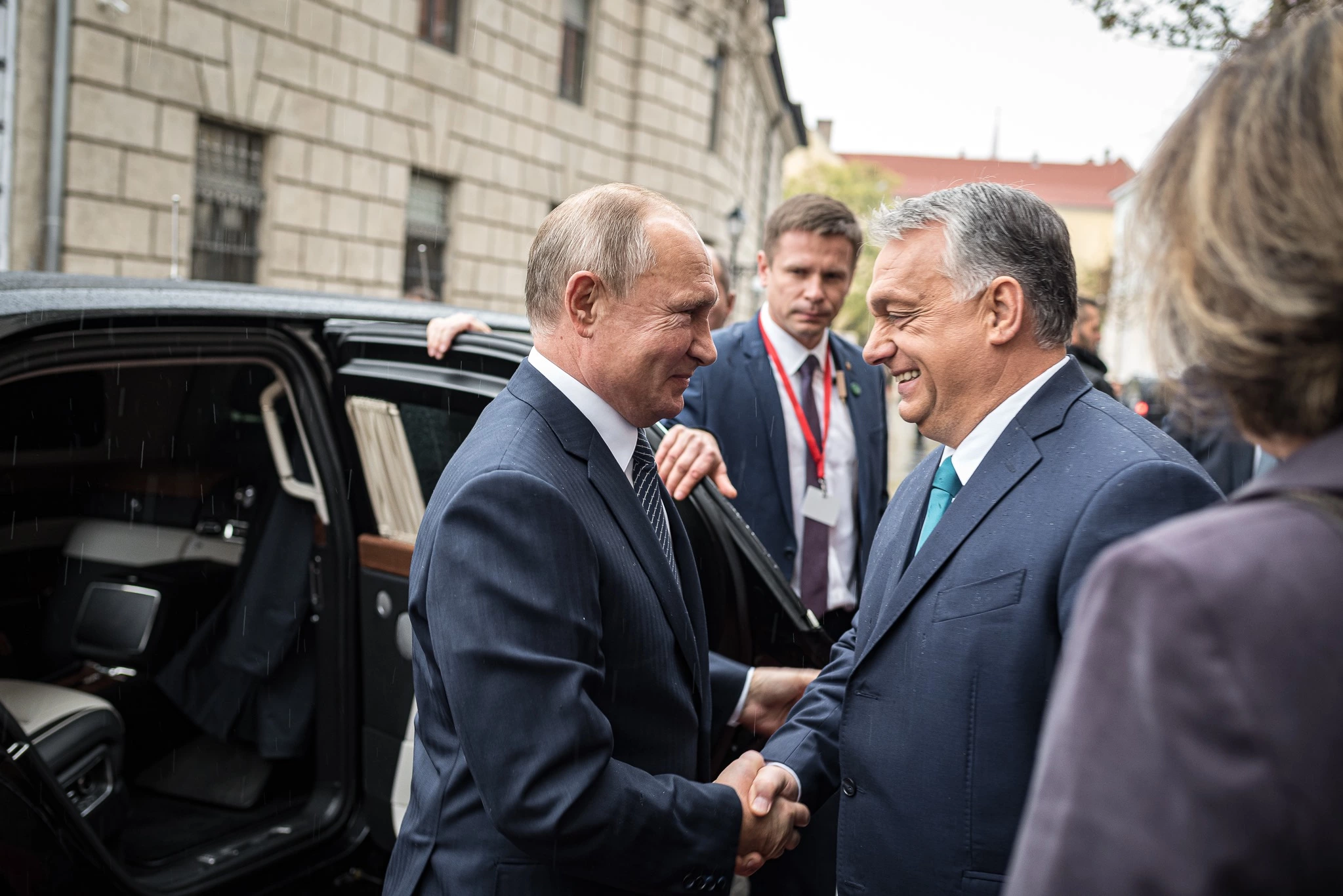Orbán government pays millions of euros more to Russia for gas than it would have on stock exchange

Change language:
Gas prices on the Dutch stock exchange have been falling for the ninth month in a row. However, Hungarian citizens are not affected by this positive change. How come? Hungarian residential gas tariffs have remained unchanged for a year. This is because Hungary pays for gas under a 15-year contract from October 2021: a contract signed by the Orbán government with Russia.
Russian gas more expensive than gas on Dutch stock exchange
Referring to the August data of the Hungarian Central Statistical Office (KSH), Népszava wrote that August seems to have brought some calm to the gas markets. At that time, Russia could charge Hungary around HUF 122 (EUR 0.32) per cubic metre of fuel. That meant a 3% increase compared to July. However, the benchmark average price on the Dutch stock exchange TTF, two months earlier, comes out at HUF 114 (EUR 0.30).
In August, the Russians could charge Hungary EUR 33.4 for every megawatt hour of gas. By contrast, the benchmark average price on the Dutch stock exchange in June was EUR 32.6.
Hungary paid EUR hundreds of millions more
In the meantime, MVM, Hungary’s leading power wholesaler, has started filling gas storage facilities. Thus, in one month, we received 687 million cubic metres of gas from Moscow, double the level of the same month last year. By August this year, we had received 3.6 billion cubic metres of Russian gas for a total of HUF 869 billion (EUR 2.3 billion). It is true that this is 16% less than in the first eight months of last year.






Some get screwed for free, Orbánistan pays for it.